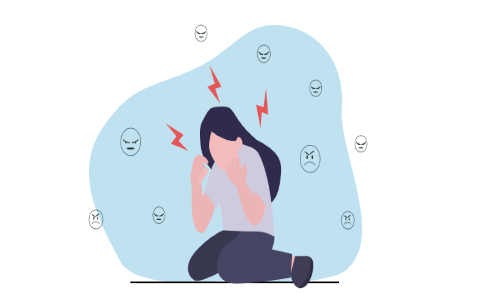
Clinical Strategies For Treating Clients With Distressing Obsessive Thoughts
Open to access this content

Open to access this content

Open to access this content

Open to access this content

Open to access this content

Open to access this content